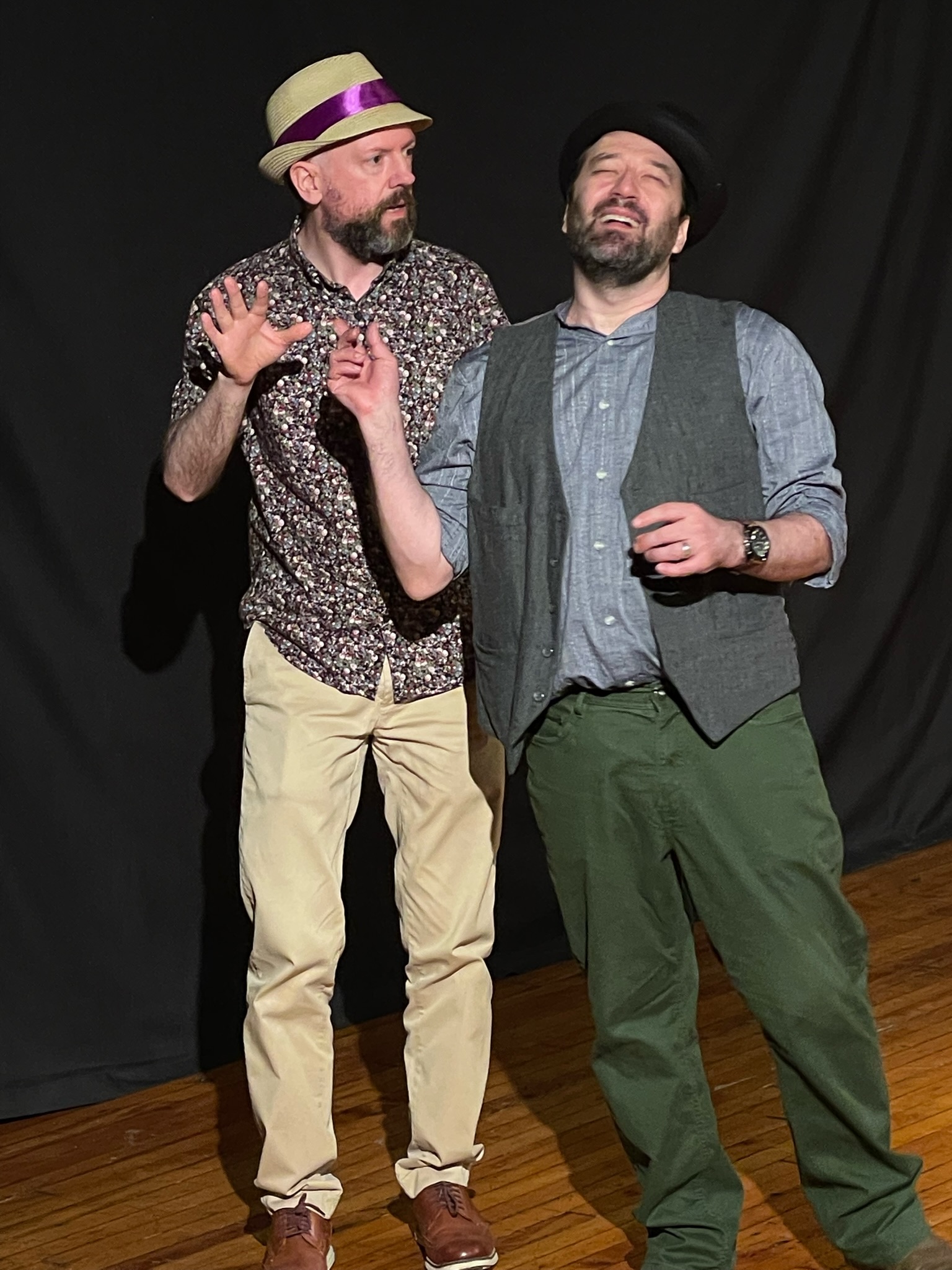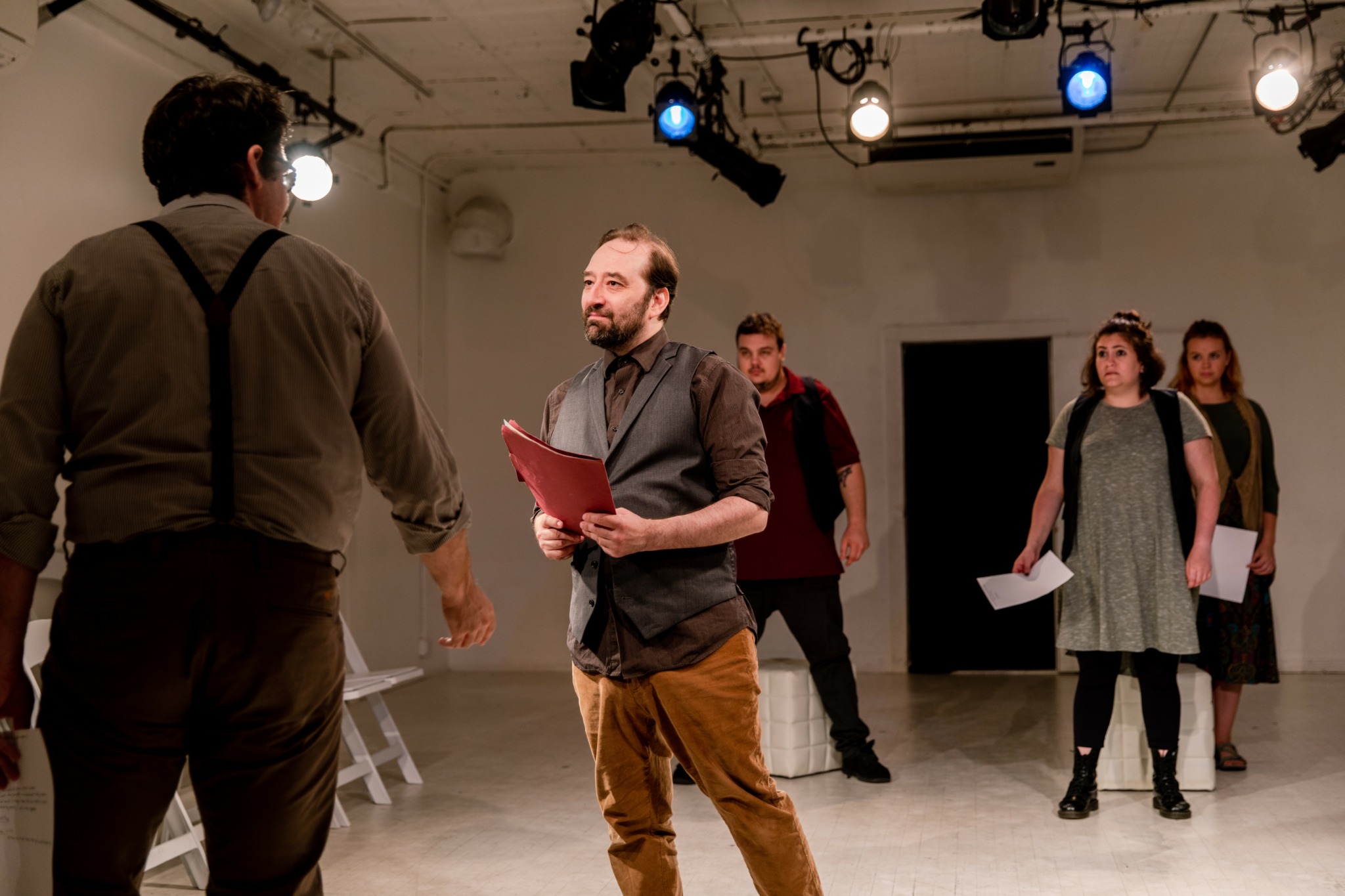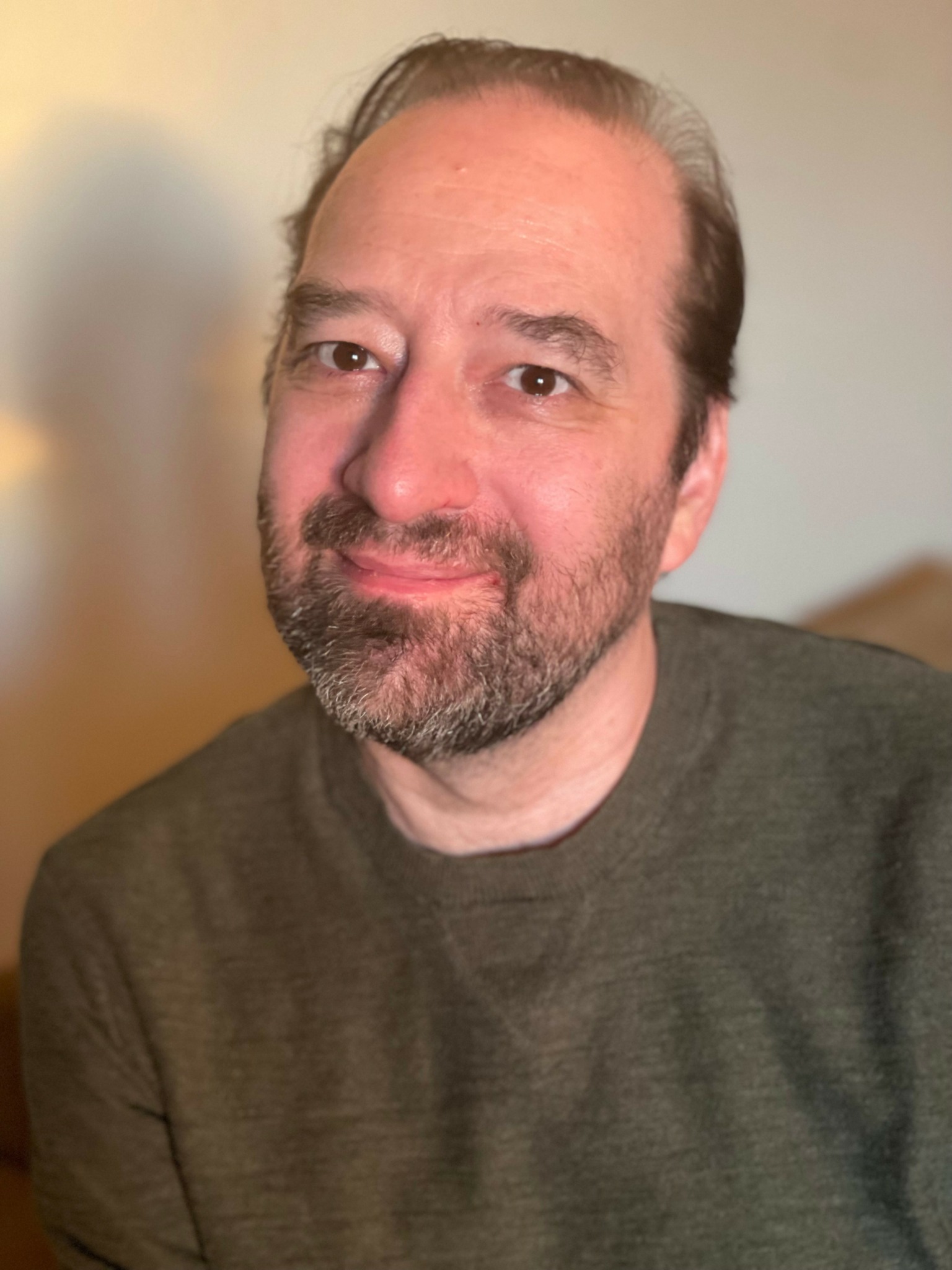Alright – so today we’ve got the honor of introducing you to William Downes. We think you’ll enjoy our conversation, we’ve shared it below.
William, thanks for joining us, excited to have you contributing your stories and insights. How did you learn to do what you do? Knowing what you know now, what could you have done to speed up your learning process? What skills do you think were most essential? What obstacles stood in the way of learning more?
I’d say I learned my craft in two ways. Half of it came from traditional training , school, workshops, and the academic foundation of understanding Shakespeare. But the other half, and what I consider the more important part, came from trial and error. I spent hours staring at the text until it finally clicked. Once I had the basics of Shakespeare’s language, I started to explore on my own, letting my instincts guide me instead of just following rules about meter or theory. That’s when I really began to find my own voice as an actor. Which also led me down the road towards directing and eventually text coaching.
That process of digging into the text and trusting my instincts became the cornerstone of how I guide others. As a director, it helps me see the human story behind the words, and as a coach, it gives me tools to help actors break past the intimidation of Shakespeare and find their own authentic way into the language.
If I could have sped up the process, I think I would have trusted myself sooner. Early on, I put a lot of weight on doing things the ‘right’ way according to training, but over time I realized that the most essential skill was learning to connect authentically to the text and the character. That’s not something you can shortcut, but I probably could have given myself permission to lean into my instincts earlier.
The biggest obstacle for me was the intimidation factor of Shakespeare itself it’s easy to feel like you’re not smart enough or trained enough to really understand it. Overcoming that took patience and a willingness to fail in the audition room and rehearsal room. Once I embraced that though, and accepted the idea of failing is part of the process, I started to feel myself growing, and gaining the confidence to direct and coach others.

William, love having you share your insights with us. Before we ask you more questions, maybe you can take a moment to introduce yourself to our readers who might have missed our earlier conversations?
I got my start like a lot of actors in New York doing the hustle, auditioning for anything and everything. Over time, though, I noticed a pattern: I kept booking more Shakespeare and classical work than anything else. I took that as a sign from the Universe to lean into it, and I was fortunate to work with some incredible companies and artists along the way.
One of the most influential experiences for me was working with The Loft Theatre on Long Island. They performed in a three-quarter round, with the audience on three sides. That space completely changed the way I thought about Shakespeare it forced me to understand how his language invites movement, freedom, and a deeper connection with the audience.
Another turning point was seeing productions at the Globe in London. Experiencing Shakespeare there showed me the power of direct audience connection. When an actor speaks straight to the crowd, it’s like saying, “Let’s catch up on what’s been happening.” It makes the plays immediate, alive, and easier to follow which was necessary in Shakespeare’s own time when the theater was more like a mosh pit than a library.
Those two experiences became cornerstones of my work and eventually of my company, Classics on the Rocks. Today, my focus is on helping actors bring Shakespeare and classical texts to life in ways that feel authentic and human. Sometimes that’s through one-on-one coaching audition prep, callbacks, or just building confidence with classical material. Other times it’s through directing stripped-back productions that highlight the relationships and emotions at the heart of the plays, so audiences see themselves in the characters instead of being held at arm’s length by the language.
What I do best is demystify Shakespeare. A lot of actors feel intimidated by the text, like it’s something only scholars can unlock. I help them trust their instincts and use the text itself as a roadmap. Together we break down the language, uncover the clues Shakespeare left for actors, and make choices that are both bold and rooted in the words.
What sets me apart is that I’ve lived both sides of understanding Shakespeare, the academic and the instinctual. I know the traditional training, but I also know what it feels like to stare at a page until it finally makes sense and to discover the joy of Shakespeare through trial and error. That mix lets me meet actors where they are, whether they need technical guidance, confidence-building, or just a fresh perspective.
I’m most proud of the moments when an actor’s eyes light up because the text suddenly feels alive, or when an audience member says they “finally got” Shakespeare after a performance. At the end of the day, my work isn’t about the theory behind the text or perfecting it it’s about connection. If I had to sum it up in one line: I make Shakespeare accessible, engaging, and deeply human.
For you, what’s the most rewarding aspect of being a creative?
For me, the most rewarding part of being an artist is the collaboration. Theater is never a solo act it’s built on trust, generosity, and the energy we share in the room. I love being part of a community of artists who lift each other up, who push each other to dig deeper, and who create work that none of us could have made alone.
There’s something really special about watching actors support each other, take risks together, and grow not just as performers but as people. That sense of ensemble of knowing you’re part of something bigger than yourself is why I keep coming back to the work.
When collaboration is at its best, it feels less like “work” and more like building a family. We hold space for each other, we challenge each other, and we celebrate each other’s wins. That kind of environment is incredibly rewarding, because it reminds me that art isn’t just about the end product onstage it’s about the community you build along the way.

Is there a particular goal or mission driving your creative journey?
My mission as an artist is to keep Shakespeare, and classical theater more broadly alive, relevant, and accessible for both actors and audiences. So much of what makes theater powerful comes from the shared, face-to-face experience: the energy, the immediacy, and the connection between people in the room. I want actors to feel confident and inspired in their work, and I want audiences to feel like they’re part of the story, not just observers.
For me, making Shakespeare accessible is about helping people see the humanity in the words and the characters. When actors trust the text and connect to it instinctively, that energy translates to the audience. My goal is to bridge that gap, to show that these plays still speak to us today, and to create moments where both performers and viewers leave the theater feeling seen, moved, and connected.
Ultimately, my artistic journey is about fostering that connection helping actors find their voice, helping audiences feel the power of live theater, and reminding everyone in the room why Shakespeare still matters.
Contact Info:
- Website: https://www.classicsontherocks.org/ https://www.williamdownesversecoach.com/
- Instagram: classicsonthrocks, williamdownes.versecoach
- Facebook: Classics on the Rocks


